The XENIA consortium represented by Sinapsi of University of Naples “Federico II” attended the EACEA Project Coordinators’ Meeting on 12th and 13th February 2020.
The 2-day meeting gave coordinators the opportunity to share and identify the challenges and possible solutions that could support the project implementation. In particular it was a fruitful chance to disseminate the objectives and the goals of Xenia project, enlarge the network with other colleagues from Europe and boosting the visibility of the project within Key Action 3: Support for policy reform.
XENIA is implemented by a Consortium of 7 Partners from 5 European countries (Italy, Ireland, Slovenia, Greece and Spain). The project will develop an innovative and integrated tool that will support European Higher Education Institutions -HEIs- in evaluating the actual level of inclusiveness of their environment and in identifying any efforts that can be placed to best address the needs of sexual and gender marginalized groups and ensure the protection of their fundamental rights and academic opportunities.
DAISSy Research Group of the Hellenic Open University will participate in all project WPs by conducting the research, developing the INDEX, piloting XENIA activities in Greece and contributing to the project dissemination and exploitation activities.
For more information regarding XENIA project and/or more news of the DAISSy Research Group:
Facebook: @DAISSyResearchGroup, @XENIA Erasmus+ Project #XENIA #socialinclusion #genderequality
Website : http://daissy.eap.gr
Email : info@daissy.eap.gr

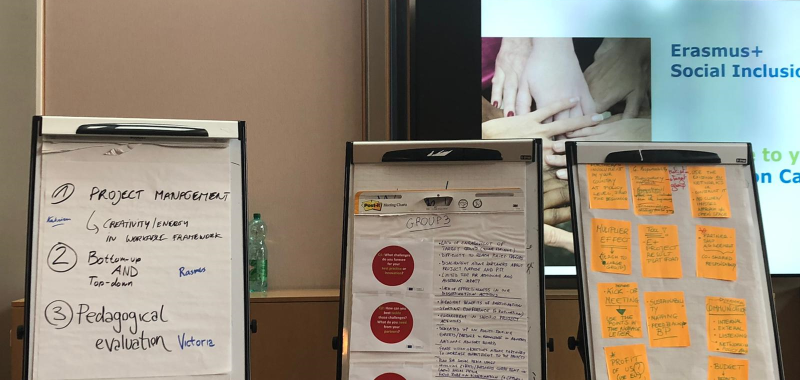
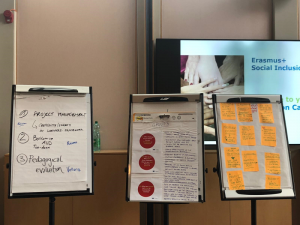
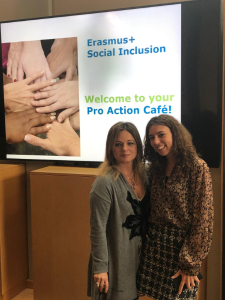
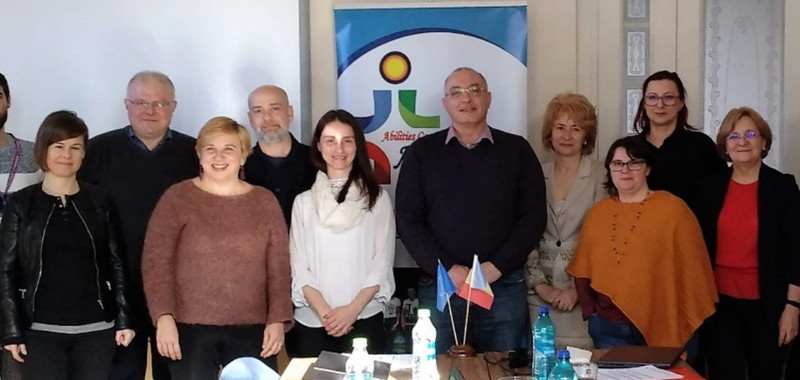
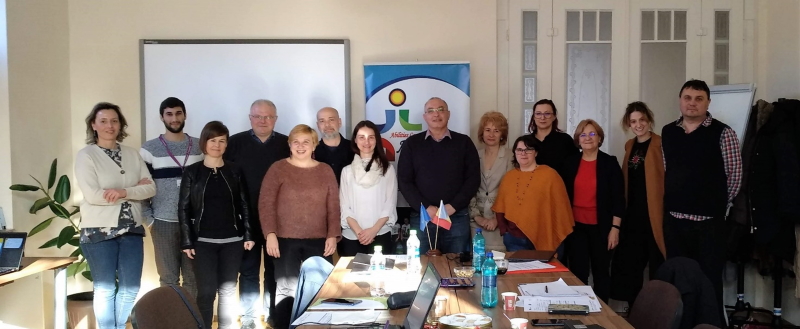
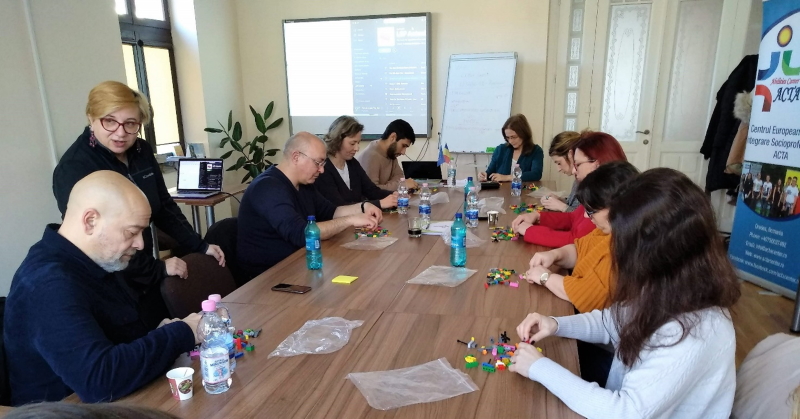
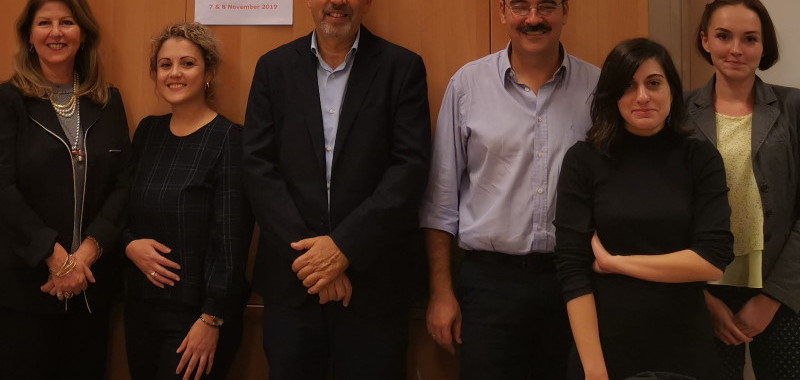
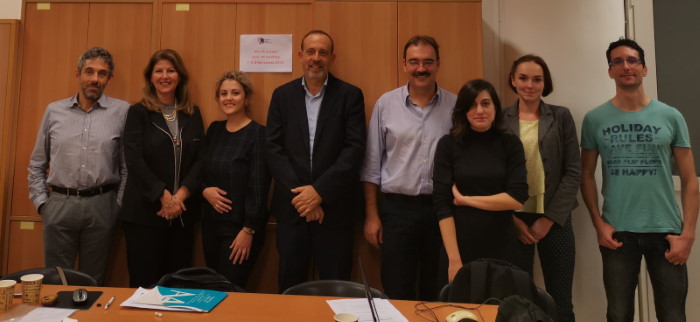
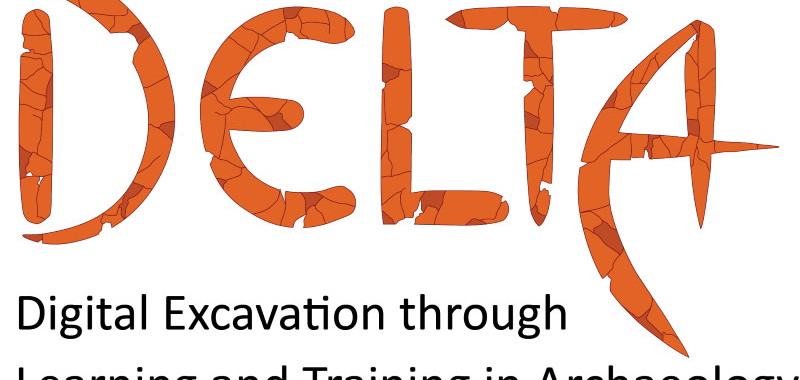
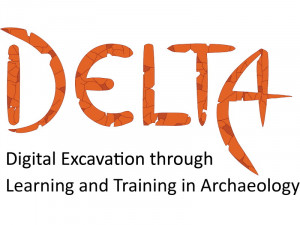 The DELTA (Digital Excavation through Learning and Training in Archaeology) project is a transnational programme funded under Erasmus+ EU program (Strategic Partnerships for Higher Education) and is coordinated by the DAISSy research group of Hellenic Open University (
The DELTA (Digital Excavation through Learning and Training in Archaeology) project is a transnational programme funded under Erasmus+ EU program (Strategic Partnerships for Higher Education) and is coordinated by the DAISSy research group of Hellenic Open University (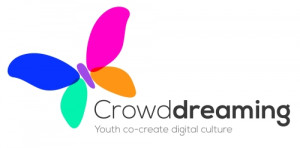
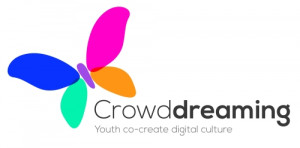 Η ερευνητική ομάδα DAISSy του ΕΑΠ διαθέτει για 1η φορά το Μαζικό Ανοικτό Διαδικτυακό Μάθημα (MOOC) με τίτλο “Crowddreaming: Youth co-create Digital Cutlure ” και αντικείμενο τη Ψηφιακή Πολιτιστική Κληρονομιά (Digital Cutlural Heritage). Το MOOC θα είναι ανοικτό μεταξύ Φεβρουαρίου και Απριλίου 2020 και θα παραμείνει ανοικτό συνολικά για 12 εβδομάδες στα Αγγλικά και Ελληνικά. Στόχο του αποτελούν Εκπαιδευτικοί δευτεροβάθμιας και των τελευταίων τάξεων από την πρωτοβάθμια εκπαίδευση (που διδάσκουν μαθητές μεταξύ 10 έως 19 ετών).
Η ερευνητική ομάδα DAISSy του ΕΑΠ διαθέτει για 1η φορά το Μαζικό Ανοικτό Διαδικτυακό Μάθημα (MOOC) με τίτλο “Crowddreaming: Youth co-create Digital Cutlure ” και αντικείμενο τη Ψηφιακή Πολιτιστική Κληρονομιά (Digital Cutlural Heritage). Το MOOC θα είναι ανοικτό μεταξύ Φεβρουαρίου και Απριλίου 2020 και θα παραμείνει ανοικτό συνολικά για 12 εβδομάδες στα Αγγλικά και Ελληνικά. Στόχο του αποτελούν Εκπαιδευτικοί δευτεροβάθμιας και των τελευταίων τάξεων από την πρωτοβάθμια εκπαίδευση (που διδάσκουν μαθητές μεταξύ 10 έως 19 ετών).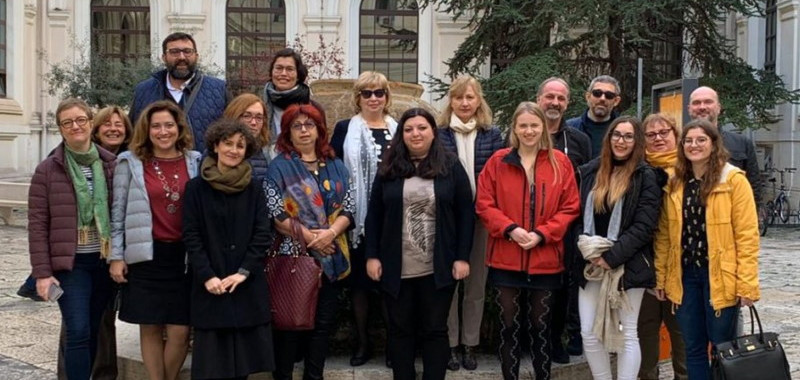
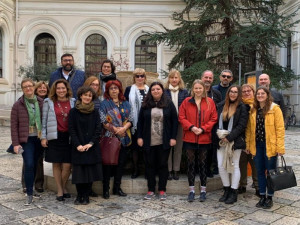 DAISSy Research Group of the Hellenic Open University participated in the Kick off Meeting of the three-year project “Boosting digital skills and competences of libraries in Europe”. BIBLIO is co-funded by the Erasmus+ Programme of the European Union under Action KA2 – Cooperation for innovation and the exchange of good practices – Sector Skills Alliances, and its official launch took place in Bari (Italy) on January 27th and 28th.
DAISSy Research Group of the Hellenic Open University participated in the Kick off Meeting of the three-year project “Boosting digital skills and competences of libraries in Europe”. BIBLIO is co-funded by the Erasmus+ Programme of the European Union under Action KA2 – Cooperation for innovation and the exchange of good practices – Sector Skills Alliances, and its official launch took place in Bari (Italy) on January 27th and 28th.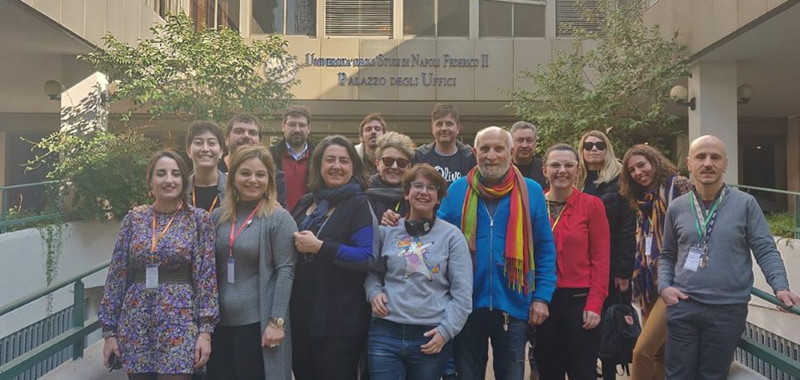
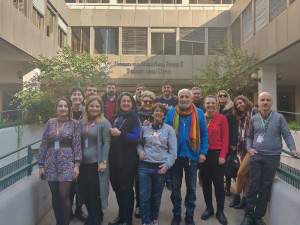
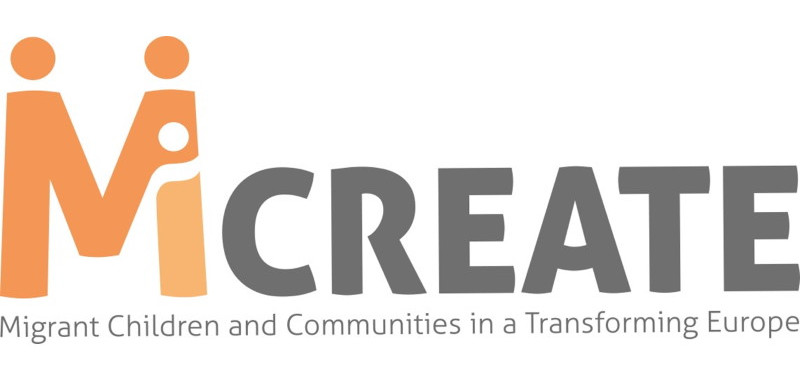
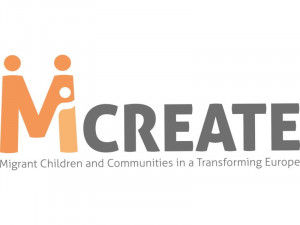 Βασικός στόχος του έργου είναι η ενίσχυση της ένταξης διαφορετικών ομάδων παιδιών που ανήκουν στις ευπαθείς ομάδες- και συγκεκριμένα μεταναστών και προσφύγων- υιοθετώντας μια παιδοκεντρική προσέγγιση με απώτερο στόχο την ένταξή τους σε εκπαιδευτικό και κοινωνικό επίπεδο. Μία από τις βασικές επιδιώξεις του προγράμματος είναι η επανεξέταση των υφιστάμενων πολιτικών ένταξης, των διαδικασιών ένταξης των μεταναστών και προσφύγων, με στόχο την ενδυνάμωσή τους.
Βασικός στόχος του έργου είναι η ενίσχυση της ένταξης διαφορετικών ομάδων παιδιών που ανήκουν στις ευπαθείς ομάδες- και συγκεκριμένα μεταναστών και προσφύγων- υιοθετώντας μια παιδοκεντρική προσέγγιση με απώτερο στόχο την ένταξή τους σε εκπαιδευτικό και κοινωνικό επίπεδο. Μία από τις βασικές επιδιώξεις του προγράμματος είναι η επανεξέταση των υφιστάμενων πολιτικών ένταξης, των διαδικασιών ένταξης των μεταναστών και προσφύγων, με στόχο την ενδυνάμωσή τους.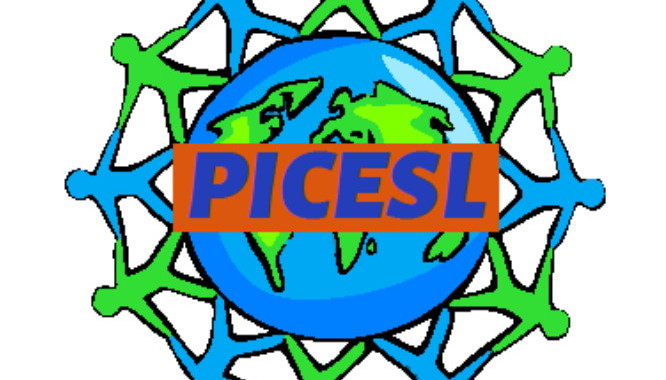
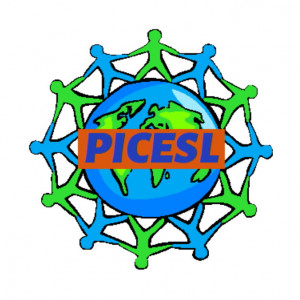 Προωθώντας την Ένταξη για την Αντιμετώπιση της Πρωϊμης Εγκατάλειψης του Σχολείου
Προωθώντας την Ένταξη για την Αντιμετώπιση της Πρωϊμης Εγκατάλειψης του Σχολείου